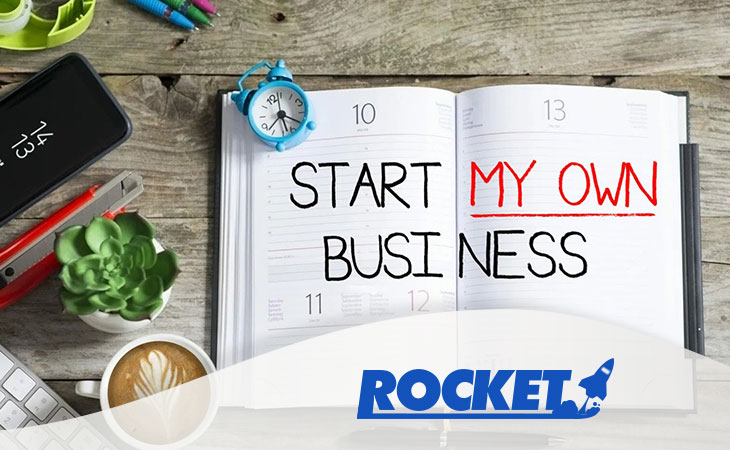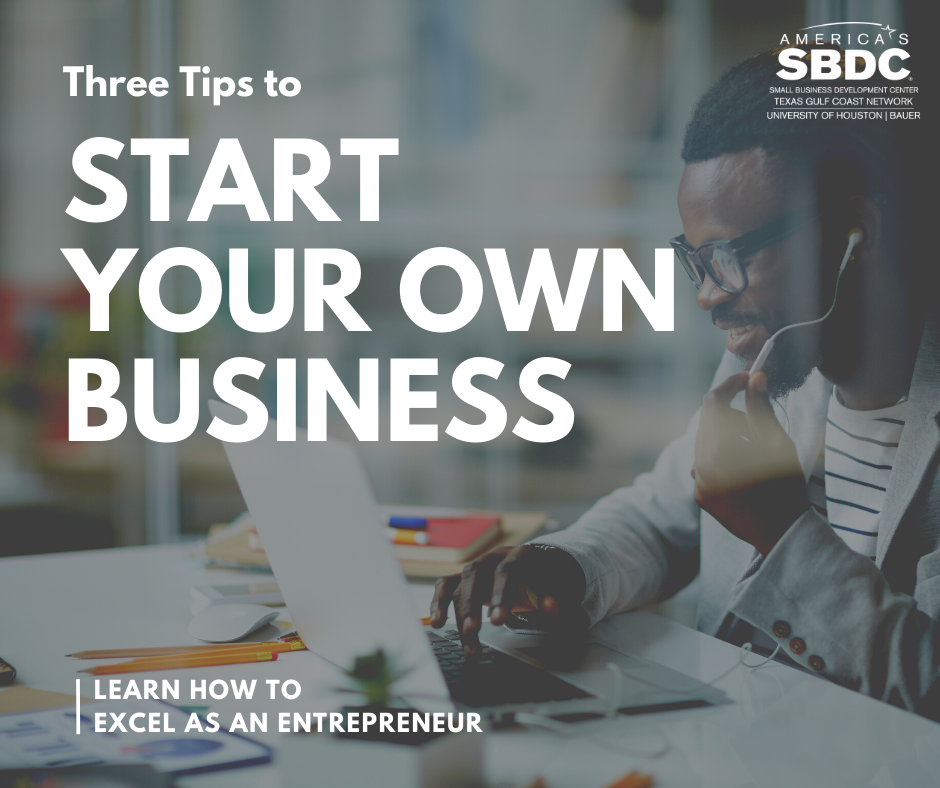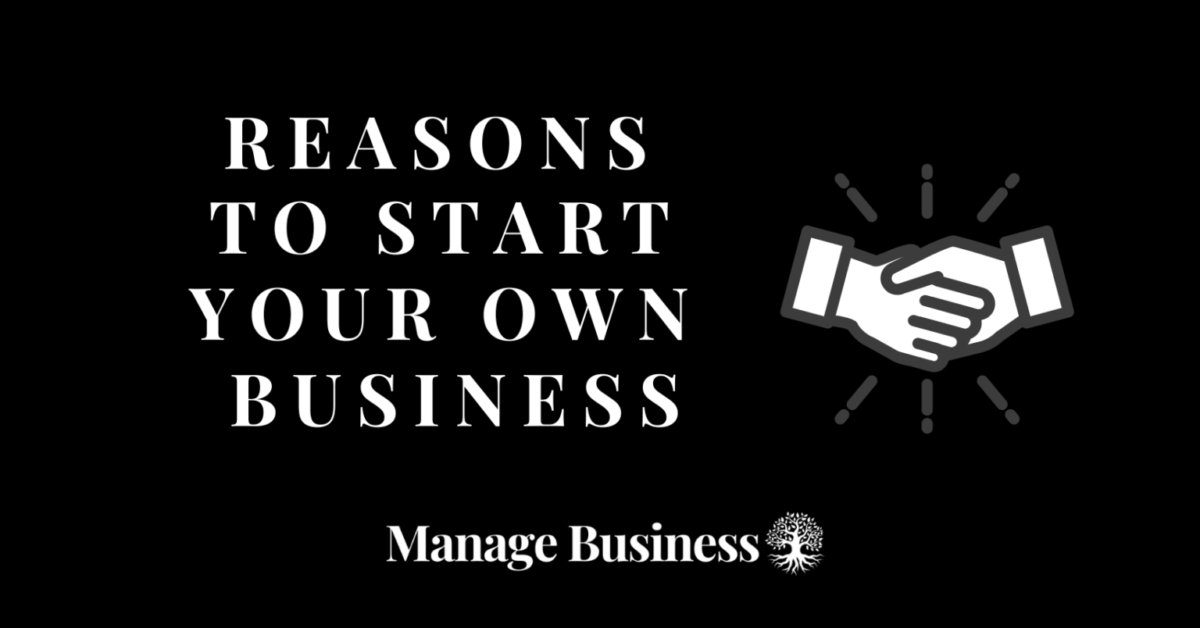It Is Easier To Start Your Own Business In A

The entrepreneurial landscape is shifting, with new data suggesting it's becoming increasingly accessible for individuals to launch their own ventures.
Fueled by technological advancements, evolving economic models, and a changing societal attitude towards self-employment, starting a business is no longer the exclusive domain of seasoned executives or those with significant capital.
The Rise of Accessibility
Several factors contribute to this trend. The digital revolution has democratized access to resources, tools, and markets previously unavailable to the average person.
Online platforms like Shopify, Etsy, and Amazon provide readily available channels for selling products and services, eliminating the need for expensive brick-and-mortar stores.
Furthermore, social media has become a powerful and inexpensive marketing tool, allowing entrepreneurs to reach potential customers directly without relying on traditional advertising methods.
Key Drivers of Change
The emergence of the gig economy has also played a significant role. More people are embracing freelance work and seeking opportunities to generate income outside of traditional employment structures.
This shift has fostered a greater understanding of self-employment and provided individuals with the skills and experience necessary to launch their own businesses.
Crowdfunding platforms like Kickstarter and Indiegogo have also lowered the financial barriers to entry. These platforms enable entrepreneurs to raise capital from a large pool of investors, often without giving up equity.
Impact on Small Businesses
This increasing accessibility has significant implications for the small business sector. It has led to a surge in the number of startups, fostering innovation and competition.
According to the Small Business Administration (SBA), the number of new business applications has steadily increased over the past decade, reaching record highs in recent years.
This growth has the potential to create jobs, stimulate economic growth, and improve the overall standard of living.
Challenges Remain
Despite the increased accessibility, starting a business still presents significant challenges. Access to capital remains a hurdle for many aspiring entrepreneurs, particularly those from underrepresented groups.
Navigating complex regulatory requirements and obtaining necessary permits and licenses can also be a daunting task.
Furthermore, building a successful and sustainable business requires hard work, dedication, and a strong understanding of market dynamics.
"While it's easier than ever to get started, success still depends on a solid business plan, a strong work ethic, and the ability to adapt to changing market conditions," says Dr. Emily Carter, an economics professor at the University of California, Berkeley.
The Future of Entrepreneurship
The trend towards greater accessibility is likely to continue, driven by ongoing technological advancements and changing societal attitudes. As technology evolves, new tools and platforms will emerge, further empowering entrepreneurs.
The rise of artificial intelligence (AI) and automation could also streamline business operations, making it easier for small businesses to compete with larger corporations.
However, it is important to address the remaining challenges and ensure that everyone has the opportunity to participate in the entrepreneurial ecosystem. This includes providing access to funding, mentorship, and training programs, particularly for underrepresented groups.
By creating a level playing field, we can unlock the full potential of entrepreneurship and create a more vibrant and inclusive economy.
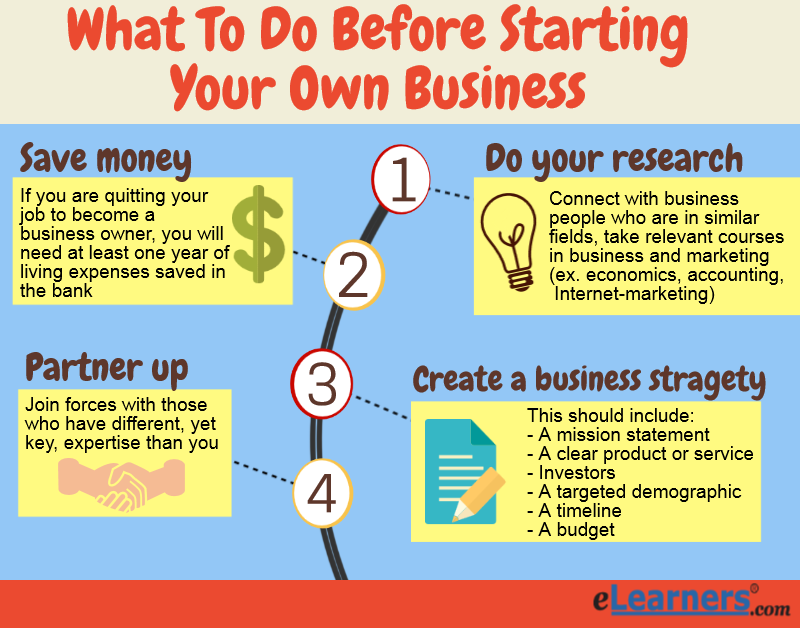



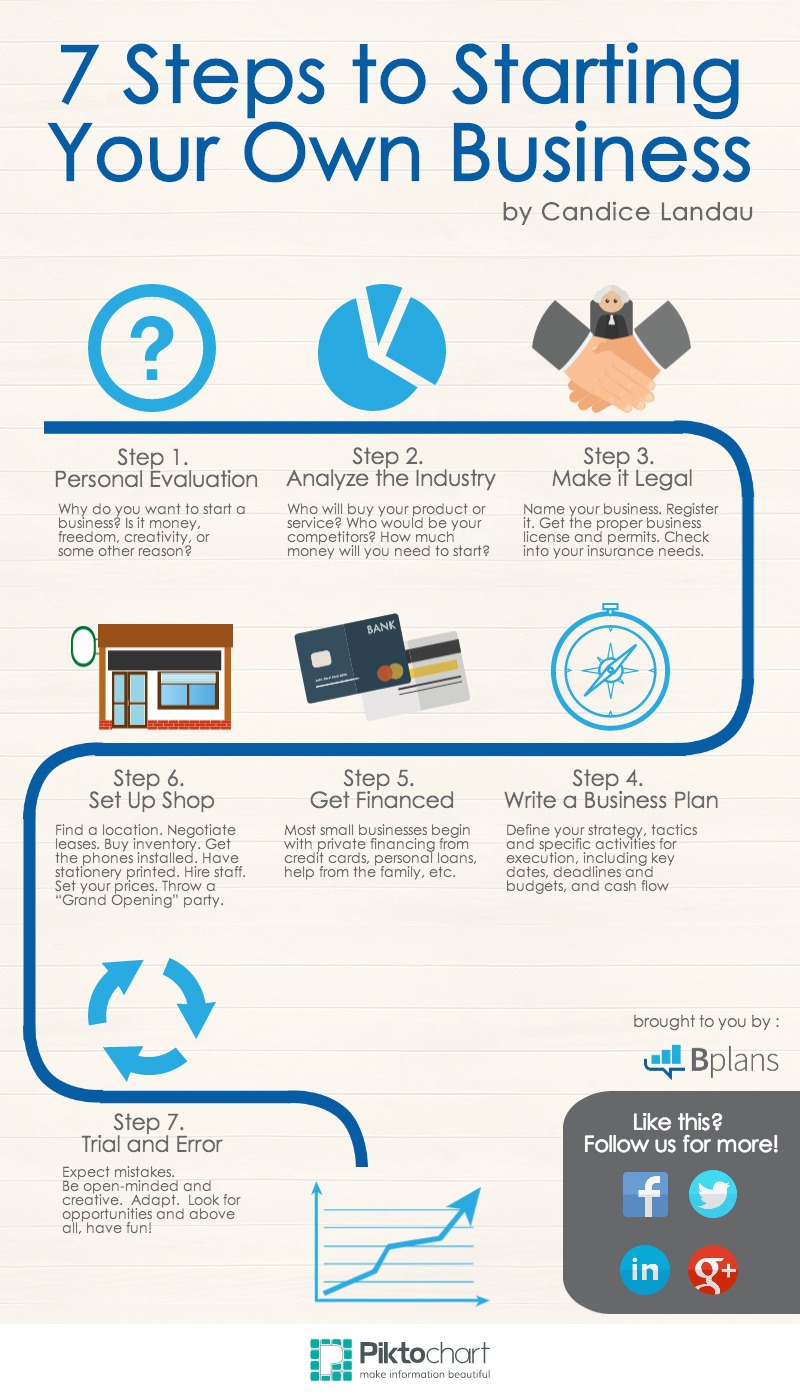


![It Is Easier To Start Your Own Business In A 10 Tips for Starting your Own Business [ Must Watch ] - YouTube](https://i.ytimg.com/vi/wxyGeUkPYFM/maxresdefault.jpg)

